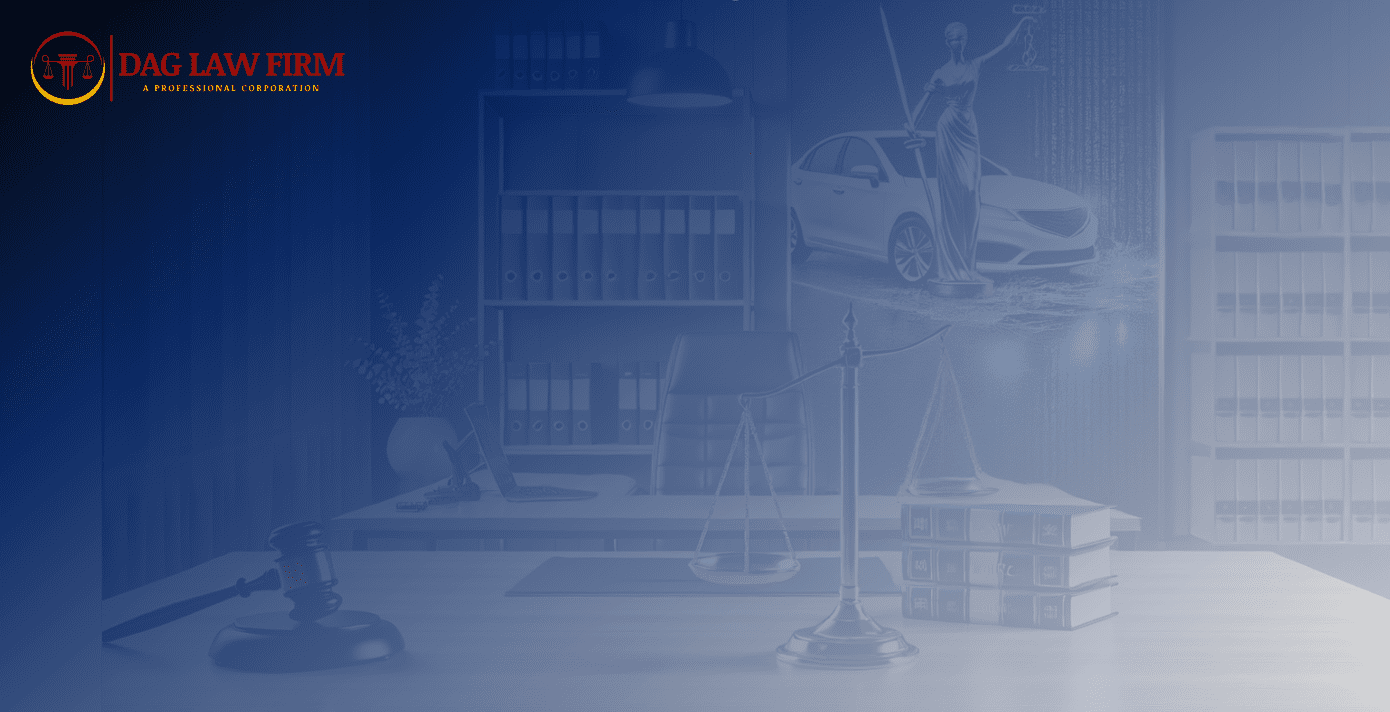Understanding Negligence in Personal Injury Claims
DAG Law Firm brings extensive expertise to handling personal injury and accident claims, offering unparalleled guidance, counseling, and securing financial compensation for our clients. With a deep recognizing of the complexities involved, we provide personalized support every step of the way, ensuring you fully comprehend each aspect of the legal process. Whether you seek advice or action, count on us to represent your interests and address your distinct needs with unwavering dedication and diligence.
The concept of negligence is often a critical factor in personal injury claims, and recognizing how it applies to your case can significantly impact the outcome. If you’ve been injured due to someone else’s negligence, you may be entitled to compensation for your losses. It’s important to educate yourself about this crucial aspect of personal injury law to ensure you’re in the best position to protect your rights and pursue the compensation you deserve.
Can You Waive Negligence in Personal Injury Cases?
Understanding Negligence
Negligence refers to the failure to act with the level of care that a reasonable person would exercise in similar circumstances. In the context of personal injury claims, negligence forms the foundation for establishing liability and seeking compensation for damages. To prove negligence, the following elements must typically be demonstrated:
– Duty of Care: The defendant owed a duty of care to the plaintiff. For example, drivers have a duty to operate their vehicles safely and follow traffic laws.
– Breach of Duty: The defendant breached or violated the duty of care through their actions or inaction. This could include reckless driving, failure to maintain a safe premises, or medical malpractice.
– Causation: The defendant’s breach of duty directly caused the plaintiff’s injuries. There must be a clear link between the defendant’s actions and the harm suffered by the plaintiff.
– Damages: The plaintiff suffered actual damages, such as physical injuries, financial losses, or emotional distress, as a result of the defendant’s negligence.
Waiving Negligence
In some cases, parties may attempt to waive or release claims related to negligence through waivers or liability release forms. These waivers are commonly encountered in activities such as sports, recreation, or certain contractual agreements. However, it’s important to understand that the enforceability of such waivers can be subject to legal scrutiny, especially in the context of personal injury claims.
– Enforceability: Whether a negligence waiver is enforceable depends on various factors, including the specific language used, the nature of the activity or agreement, and the public policy considerations.
– Public Policy: Courts may examine the broader implications of allowing waivers to release liability for negligence. This involves considering factors such as the relative bargaining power of the parties and the fundamental right to seek compensation for injuries caused by another’s negligence.
– Exceptions: There are exceptions to the enforceability of waivers, particularly in cases involving gross negligence, intentional misconduct, or violations of statutory rights. In such situations, courts may refuse to uphold waivers that attempt to release liability for these types of conduct.
Seeking Legal Counsel
Given the complexities surrounding waivers and their potential impact on personal injury claims, it’s crucial to seek the guidance of experienced legal professionals. DAG Law Firm is committed to providing comprehensive legal counsel and advocacy to individuals who have suffered injuries due to negligence. When you choose our firm, you can expect:
– Thorough Evaluation: We will conduct a thorough evaluation of your case to determine the viability of your personal injury claim and assess any potential issues related to waivers or liability releases.
– Strategic Representation: Our legal team will craft a strategic approach tailored to the specific circumstances of your case, ensuring that your rights are vigorously protected.
– Negotiation and Litigation: Whether through negotiation or litigation, we will pursue the maximum compensation available to you, taking into account any factors related to waivers and negligence.
Conclusion
Knowing the interplay between negligence, waivers, and personal injury claims is essential for protecting your rights and pursuing the compensation you deserve. At DAG Law Firm, we are dedicated to empowering our clients with the knowledge and representation they need to navigate these complex legal matters effectively. If you believe you have a personal injury claim and have concerns about waivers or negligence, we encourage you to schedule an appointment with our experienced legal team today.



